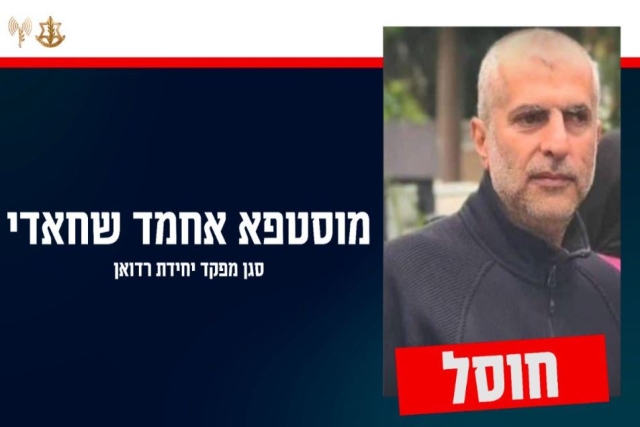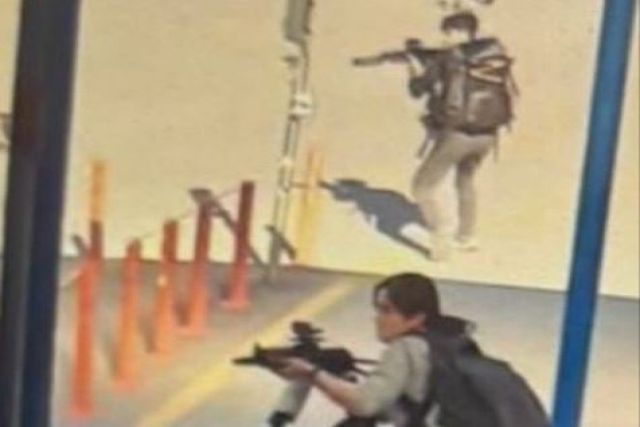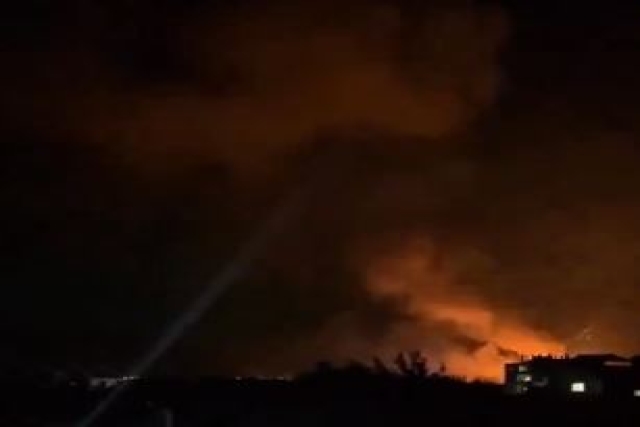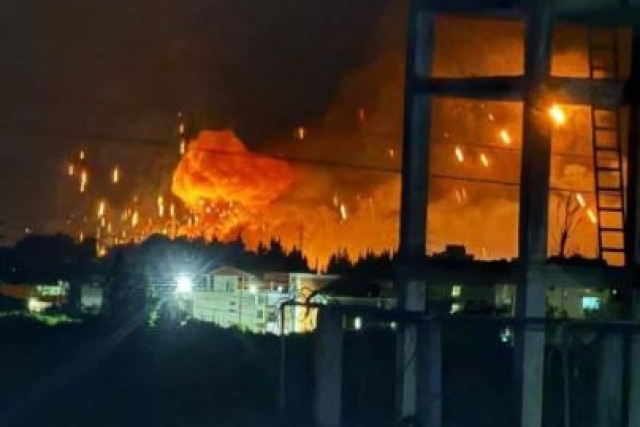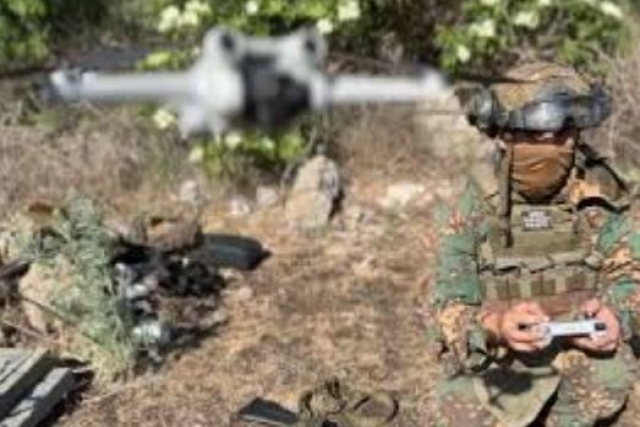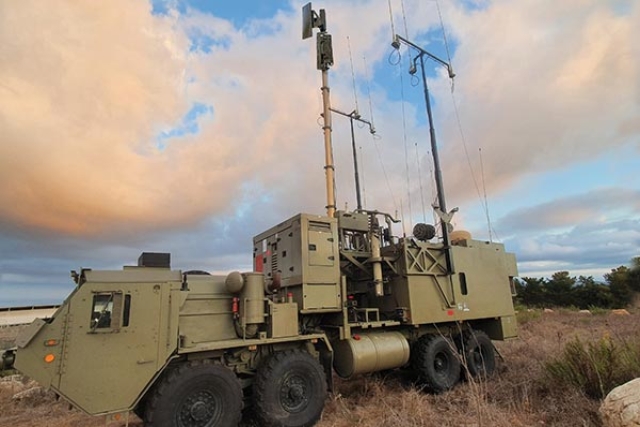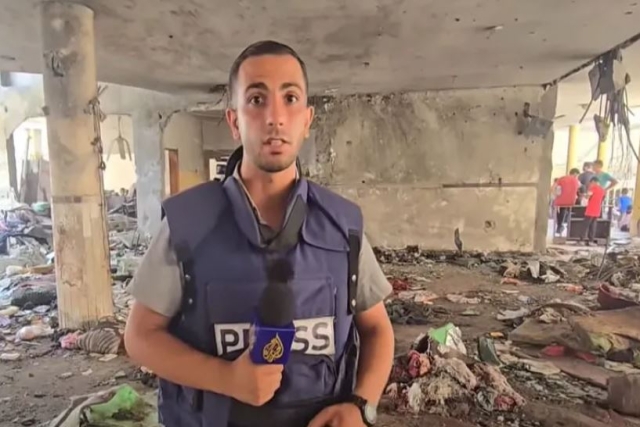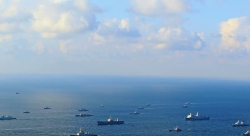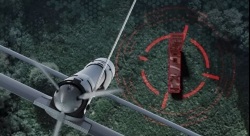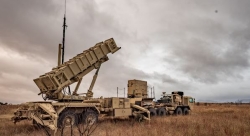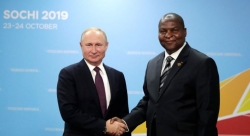56 Dead in Syrian, Russian Air Strikes on Rebel-Held Idlib Since November 27
Hayat Tahrir al-Sham (HTS), with roots in al-Qaeda, leads the offensive.
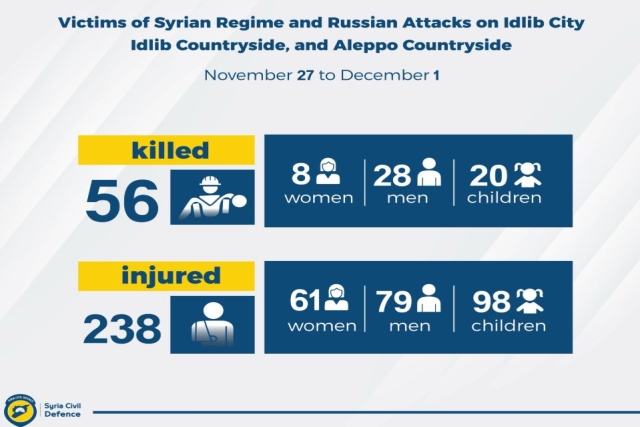
The conflict in Syria intensified over the weekend, with Syrian government and Russian air strikes killing 56 people in northwestern Syria, according to The White Helmets, a rescue organization operating in opposition-held areas.
The strikes targeted Idlib and nearby rebel-held areas. The Syrian military, backed by Russian forces, claimed to target insurgent strongholds, denying civilian casualties. However, the bombings in Idlib, a city near the Turkish border housing nearly four million displaced civilians, hit crowded residential areas, killing at least seven people and injuring dozens. The impact on populated areas has drawn international criticism.
The attacks have added to a death toll of 56 from November 27 to December 1, including 20 children, as reported by The White Helmets on social media platform X. 238 people, including 98 children were injured. On December 1 alone, 25 people, including 10 children, died.
Rebel forces, led by Hayat Tahrir al-Sham (HTS), have gained momentum in recent days, seizing control of Idlib province and advancing into Aleppo. This marked the most significant offensive in years, shifting previously stagnant frontlines.
HTS, designated a terrorist organization by multiple nations, launched the operation amidst weakened support for Syrian President Bashar al-Assad from allies like Russia, Iran, and Hezbollah. Aleppo residents described the city as tense, with many staying indoors or fleeing. Rebel fighters patrolled streets, and some took up positions in key locations. Witnesses reported that government forces withdrew swiftly, leaving the city vulnerable.
The offensive prompted a joint statement from the United States, France, Germany, and Britain, urging all parties to de-escalate and protect civilians. Geir Pedersen, the UN envoy to Syria, expressed alarm over the renewed fighting, warning of its implications for regional stability and the ongoing humanitarian crisis.
Iranian Foreign Minister Abbas Araqchi, visiting Damascus, described Syria's situation as "difficult" but expressed confidence in the Assad government’s survival.
Syrian Regime Faces Challenges as Russia, Iran, and Hezbollah Are Stretched Thin by Other Conflicts
Syrian President Bashar al-Assad has relied on support from Russia, Iran, and Hezbollah, but these allies are weakened by other conflicts, shifting the power balance.
The Hayat Tahrir al-Sham (HTS) group, leading the offensive, capitalized on Assad’s overconfidence and economic stagnation, seizing the opportunity amid limited Russian airstrikes. HTS has pushed out of Idlib, taking Aleppo’s citadel and advancing toward Hama, reportedly seizing military equipment, including helicopters.
HTS, rooted in al-Qaeda but now rebranded, seeks to distance itself from jihadist ideology to broaden appeal. Despite HTS's terrorist designation by the UN and several nations, its offensive highlights a fragmented northern Syria, where Turkey, the Syrian Democratic Forces (SDF), and Islamic State remnants remain active.
Iran faces Israeli strikes, economic issues, and battlefield losses; Hezbollah has weakened due to conflict with Israel, and Russia is focused on Ukraine. Turkey's changing stance may also have influenced the rebels' timing.
For years, Turkey has supported rebel groups against Assad but is most concerned about Kurdish groups gaining strength near its border. On Sunday, Turkish officials said their allied rebels stopped Kurdish militias from creating a link between areas they control in northeastern Syria and Tel Rifaat, a strategic town northwest of Aleppo. Turkey claims Kurdish groups, including the PKK and YPG—both considered terrorist organizations by Ankara—are taking advantage of Assad's weakened position, which Turkey sees as a direct security threat.
As the rebels press south toward Hama and beyond, reports suggest they have captured significant military supplies, including helicopters. The Syrian regime, bolstered by reinforcements, is expected to respond with intensified air power.
The renewed violence underscores the enduring challenges of Syria’s civil war, which has killed hundreds of thousands and displaced millions since 2011.
